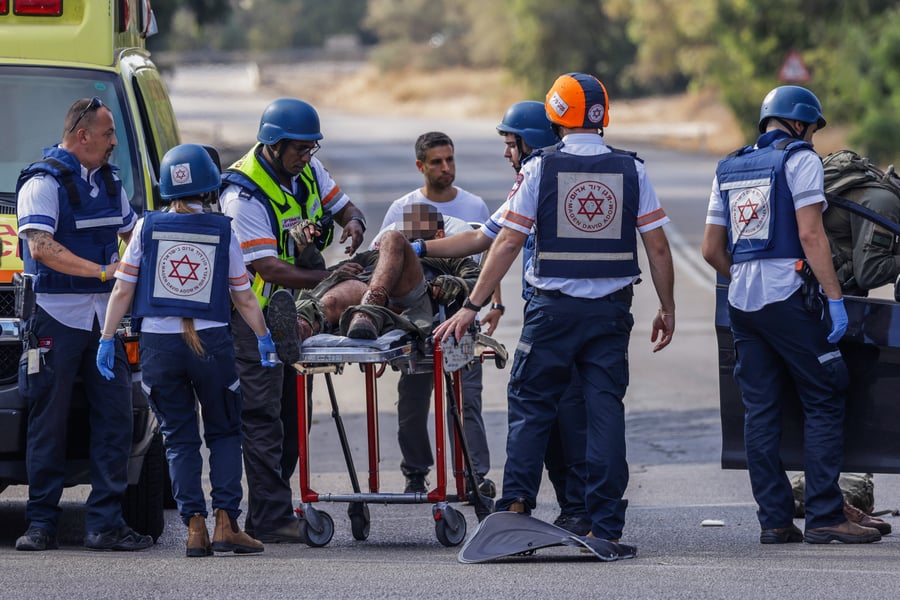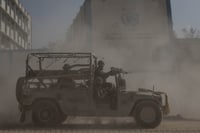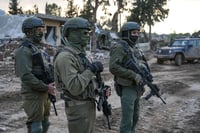
Hospitals across Israel are packed right now with wounded soldiers and civilians hurt in rocket attacks.
So, just how does Israel classify the difference in the levels of injuries.
Dr. Tzachi Slutzky from Soroka Hospital breaks it down:
Mild Injuries: Walking Wounded
These are the folks who can get around on their own - no life-threatening stuff here. Think minor cuts and bruises. Most of these patients are heading home after a quick check-up and some basic treatment.
Moderate: Serious But Stable
This is where things get more serious, but not immediately life-threatening. The patient's usually awake and alert, often dealing with stuff like shrapnel wounds or burns. They'll probably need to stay in hospital for a while, but their vital signs are looking good.
Severe: All Hands on Deck
This is the most critical level - life's at risk or they might lose a limb. These patients are usually unconscious and heading straight to surgery. The ICU team's already prepping a bed because they know they'll be needed.
Dr. Slutzky says these classifications help medical teams figure out who needs help first and what kind of care they'll need. With hospitals dealing with wave after wave of patients, having this system can literally mean the difference between life and death.
When casualties come in, every second counts. Medics and paramedics in the field quickly tag each patient based on how urgent their care needs are. They're constantly reassessing because conditions can change fast - someone who seemed stable might suddenly need immediate attention.
Color-Coding in Mass Casualty Events
In big emergencies, they use a color system:
- Red: Life-threatening - needs surgery now
- Blue: Super critical - rush to hospital
- Yellow: Could get serious if not treated within hours
- Green: Walking wounded
- Black: Deceased
Make and Ynet contributed to this article.













0 Comments